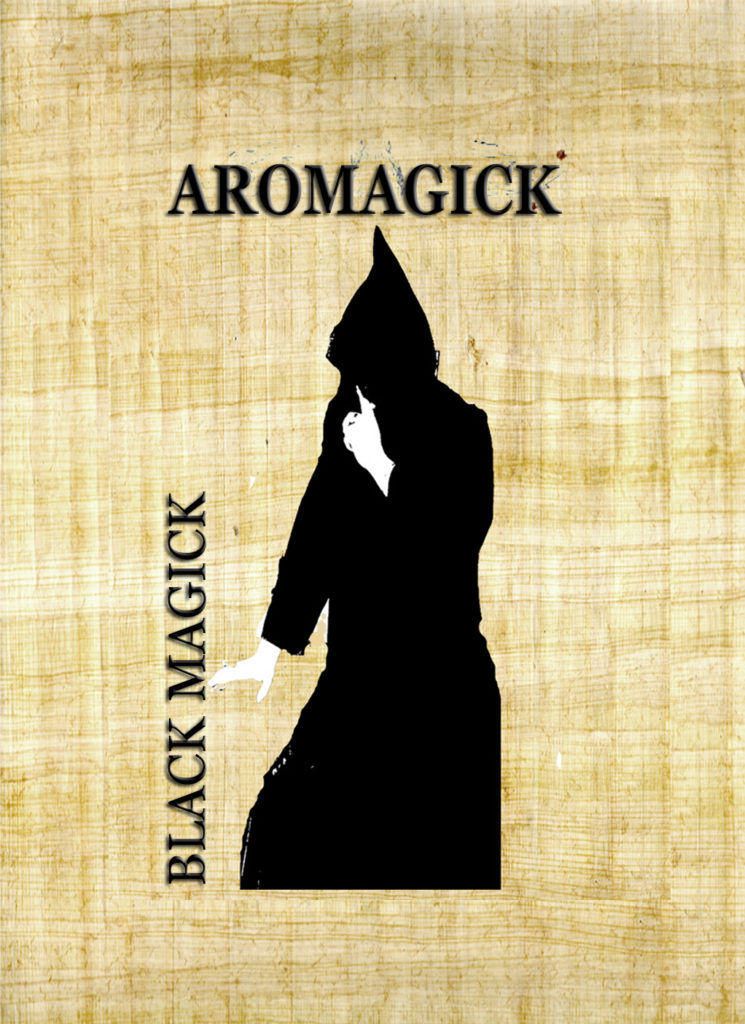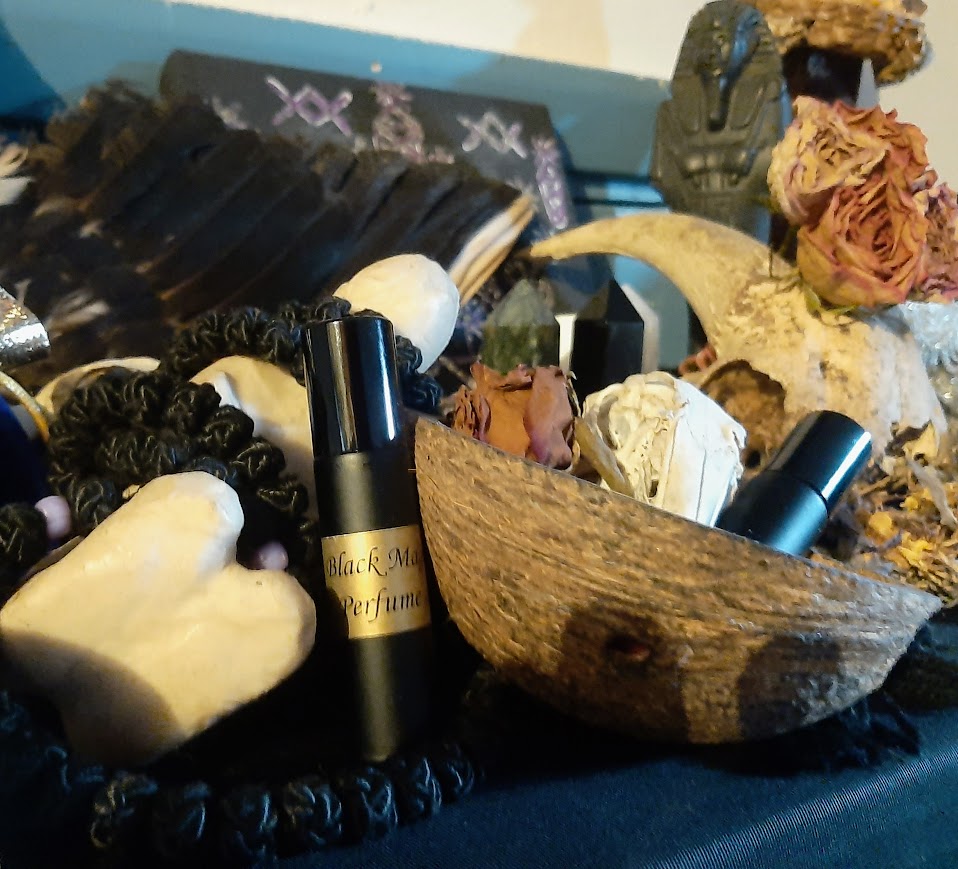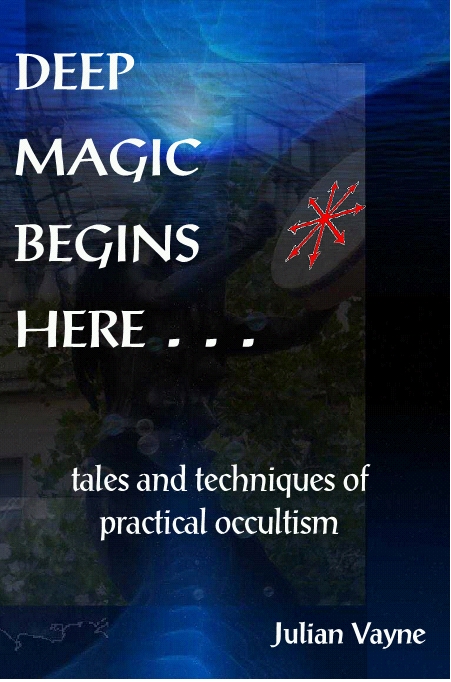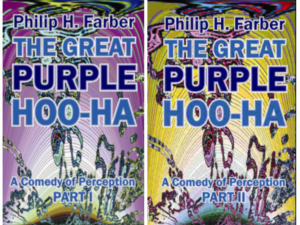Drugs and The Imagination
Julian Vayne
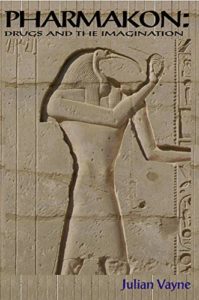
Pharmakon
Drugs & The Imagination
Julian Vayne
Format: Softcover
ISBN: 1869928946
£15.00 / US$24.00
Subjects: Chaos Magick/Entheogens.
Pharmakon / UK / £15.00
Pharmakon / USA & AUS / US$24.00
Click here for Kindle UK Edition
Click here for Kindle USA Edition
Ranging across both published and anecdotal evidence, Pharmakon traces the story of drug use as a means of self-exploration. By examining apparently simple questions such as ‘what is a drug?’, Pharmakon deconstructs and reconstructs the idea of drug experience. Experiences that the author believes are fundamental to the process of self-actualisation and learning.
Naturally though this book discusses all sorts of things that are currently illegal in many nations the author would never wish to encourage anyone to break the Law. Moreover since this book contains information about how human beings can fly like birds, become transformed into animals and explore the farthest reaches of inner space it is, quite clearly, a work of fiction.
Julian Vayne is an occultist who has written on a number of esoteric subjects (witchcraft, the tarot and the sociology of contemporary Paganism). This book is aimed at both the general reader and those who are interested in the use of drugs in a spiritual context.
Delving into areas as diverse as philosophy and neurochemistry, this is a book that in both style and content seeks to invent a new understanding of drugs in culture….
Review
Pharmakon: Drugs and the imagination, by Julian Vayne
The philosopher’s stoned
By Gary Lachman
Published: 24 December 2006
‘Talking about your drug experiences is like talking about your dreams: it may be personally rewarding, but for others it’s a bore. As with dreams, the insights, visions and revelations that accompany some drug experiences can provide new perspectives on your life and help you to “know yourself”. The person on the receiving end of your dope stories, however, more times than not stifles an impatient “So what?” and wonders when you’ll get to the point. This is the paradoxical character of drug experiences: their profound subjectivity is a barrier to communication.
A handful of writers, De Quincey, Huxley, Burroughs and a few others, managed to cross this threshold and master the art of “trip-lit”. But most accounts of psychedelic journeys into inner space boil down to a less than informative “Awesome, man”. This may let us know that the voyage meant a lot to you, but it still leaves us in the dark as to what was so meaningful about it.
Julian Vayne argues that drugs can be an effective tool in self-exploration, and provides some useful theoretical scaffolding in understanding exactly what a “drug experience” is. Vayne argues that the mainstream materialist view of drugs is incomplete, and he makes clear that the chemical analysis of various substances like LSD, Ecstasy, cannabis and other popular items is only half the story. The importance of “set and setting” and our cultural expectations about exactly what a particular drug is supposed to do are equally crucial; our imagination and anticipation about what we will encounter after ingesting a magic mushroom are at least as significant as the psilocybin housed in the fungus itself. Drug experiences, Vayne contends, are learnt. They aren’t simply a matter of an automatic chemical reaction between my bloodstream and the toxin I’ve introduced to it.
He makes a similar point about how the same drug may have very different effects on different people. A lump of hash may lift a Baudelaire into poetic reverie, but the same lump may only sink the rest of us into befuddled sleep. LSD advocates in the 1960s made a similar discovery when it became painfully clear that taking acid didn’t automatically make people more spiritual and enlightened. The trip, good or bad, is as much in ourselves as in the drug.
Although Vayne has written several books on occult subjects, the occult or magical sensibility informing the book is curiously faint. The tone is academic, and a great part of the book is devoted to the mechanics of how drugs interact with our neurochemistry. He’s also at pains to anchor drug experiences in the post-modern discourse of transgression. This makes for a text in which Derrida turns up almost as often as Aleister Crowley. It’s refreshing to find occultism rubbing shoulders with other viewpoints, but the narrative is sometimes burdened with digressions on the Derridian “trace” and other notions.
Vayne’s most interesting insights come with his discussion of autism and schizophrenia as two poles of human consciousness: one an impenetrable contraction of the ego, the other a debilitating exposure to the chaos of the unconscious. Vayne makes a good argument that, rather than exceptional conditions, autism and schizophrenia are the extremes between which our ‘normal’ consciousness fluctuates; drugs for him are a means of compensating for imbalances between the two. Like many writers on mystical subjects, Vayne sees western culture as veering too much into an ego-bound autism. Hence the virtue of hallucinogens in providing a kind of controlled schizophrenia to even things out.
There are also some howlers. Theophile Gautier and the other members of the Club des Haschischins ate their cannabis, they didn’t smoke it. Julian Jaynes was a psychologist, not a historian. And I imagine that the “occultist W B Leadbeater” is an amalgam of W B Yeats and C W Leadbeater. If you’re arguing that drugs can be a tool in self-actualisation, it’s a good idea not to provide material for jokes about how stoned you were when you put your book together.
From Mandrake Speaks #100
‘A well researched and informative look at a variety of popular and not-so-well-known drugs. He deals with how they interact with our minds and bodies both chemically and psychologically, and how we perceive substances on a personal and society-wide scale. The similarities discussed between some drug experiences and some mental illnesses may lead to different viewpoints on both. Liberally sprinkled with folklore and anecdotes, Pharmakon examines the use of drugs in self-exploration employing a knowledgeable, yet down-to-earth approach that’s interesting and readable.’
More reviews see Erowid and Occultbooks
